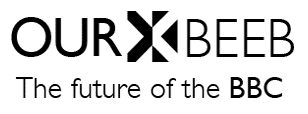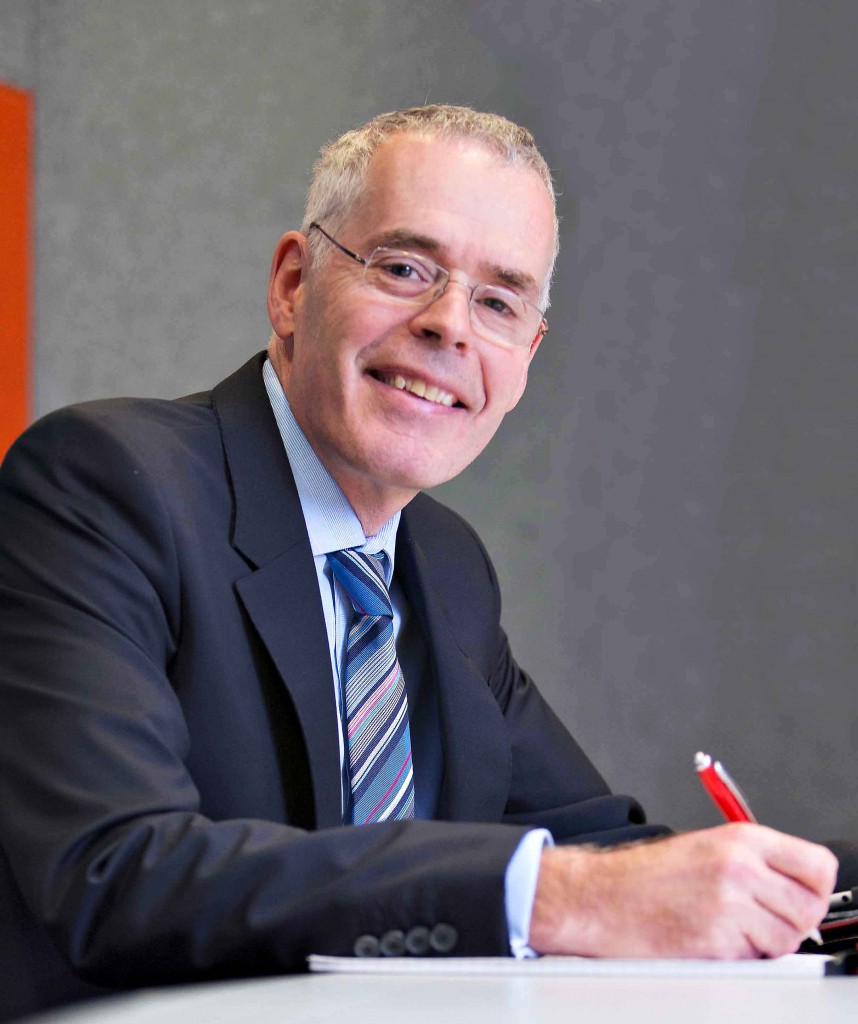Make life-long learning motivating
by Peter Horrocks
Millions around the world probably start informal learning experiences with the BBC every year.
This may involve improving their English with the BBC World Service, their basic skills in numeracy or writing with BBC Learning, or developing their understanding or a new subject via an iWonder guide.
However, learners often want to go beyond an introduction to, or exploration of a subject. We know many learners want to know they are making progress in their learning. In addition they are often motivated or encouraged by some form of feedback about their activities and value recognition of their achievements as they progress. Schools, colleges and universities have issued tests or tasks which aim to recognise formal learning achievements (as formal qualifications). However, in the online world it is now possible to also provide life-long learners, even those outside formal institutions, with informal feedback and ‘micro-credential’ recognition of their learning achievements. This can be done through keeping track of learners’ activities, comments and quiz results. And by doing this, it could be possible for the BBC to offer the public printable certificates or electronic ‘badges’ recognizing and celebrating users’ learning achievements.
This would motivate millions of life-long learners, and give them better feedback on the progress they are making, it would also provide them with an opportunity to share their achievements with friends, family and employers.
It should be possible, and probably be most effective for the BBC to do this in partnerships with specialists. For example, working with online learning specialists like The Open University, the BBC could help curate materials together into substantial collections. This could involve introducing an iPlayer learning channel. This sub-channel could have curated learning collections, with content drawn from the vast TV archive, links to online articles, and links to especially designed iWonder guides, and a series of quizzes and tracked activities to ensure engagement and provide some test of understanding. Some collections and activities could be aimed at a leisure learner (e.g. The BBC/OU badged collection ‘Beginners Renaissance’, ‘Discovering Shakespeare’ or ’10 big ideas in Science in the 21st Century’) other collections could be focused on outcomes connected with career progression, employability or improved citizenship (e.g. English language skills, numeracy, literacy, digital competency at work, basics in communications skills, or the basics in project management).
On successful completion of the materials and associated activities/quizzes learners would earn a digital badge to place on their LinkedIn or Facebook account along with a printable certificate. Such learning recognition on a mass scale could maker fuller use of the expertise of The OU, one of the BBC longest standing partners in education. It would bring new ways to exploit the TV archive, and make the idea of a BBC learning journey more meaningful with progress markers and celebrated destinations. In doing this it might perhaps help place the BBC back at the heart of adult, life-long learning.
Peter Horrocks CBE is Vice-Chancellor at The Open University
Why vote? We will feed in readers' favourite ideas to the government's consultation on the future of the BBC, and profile them heavily in the media. We believe the debate over the BBC's future is too narrow and focused on cuts - it's missing strong, positive ideas about what public broadcasting can and should be. By voting, you can have your say on what those ideas should be - and if you've got your own, share them with us→




